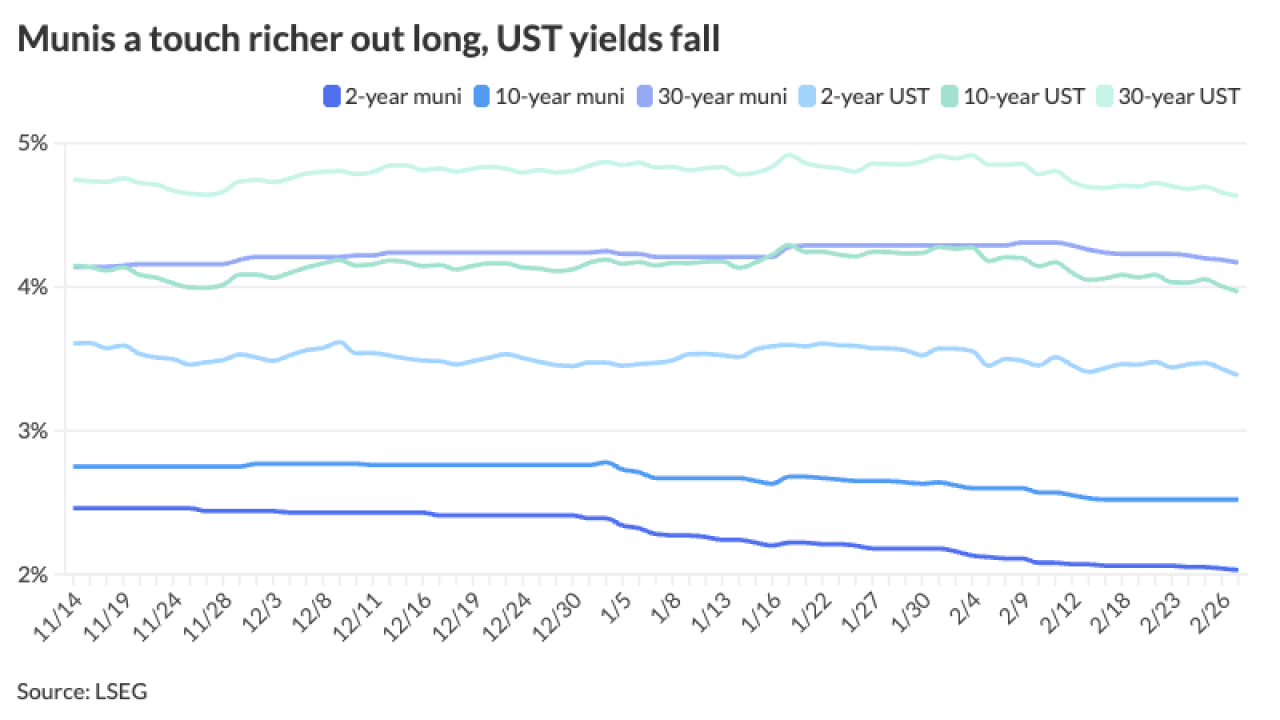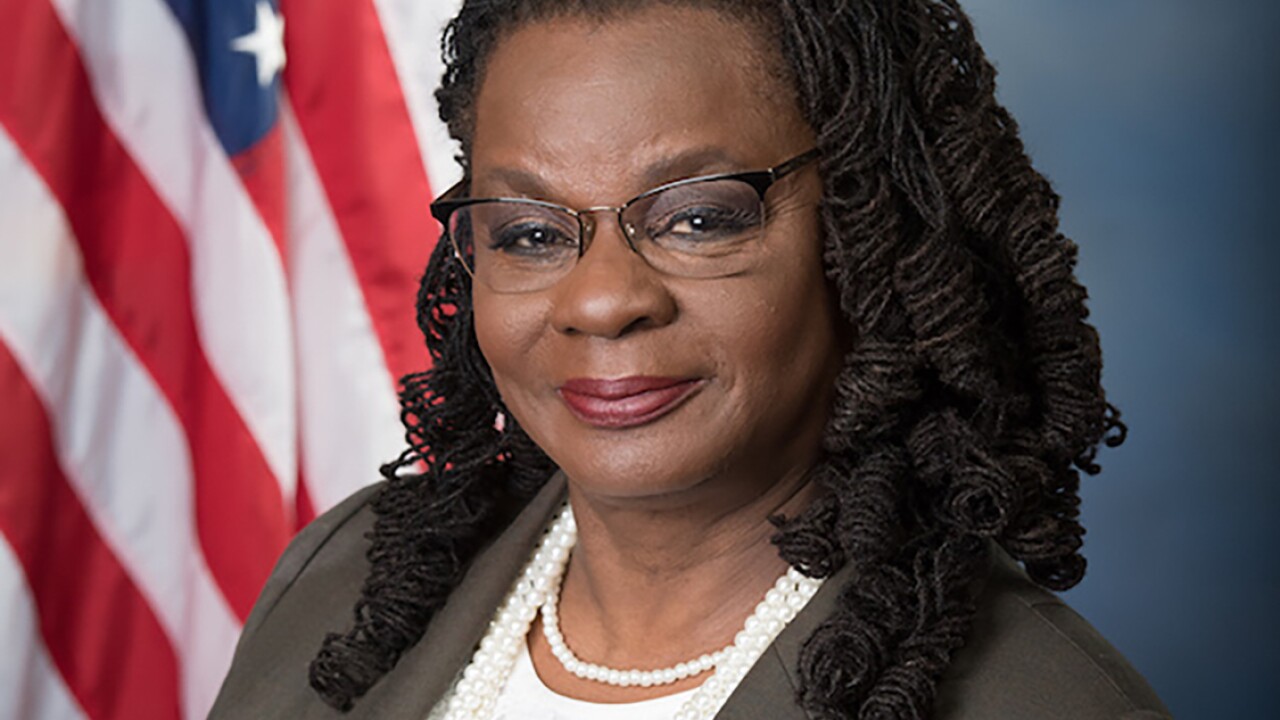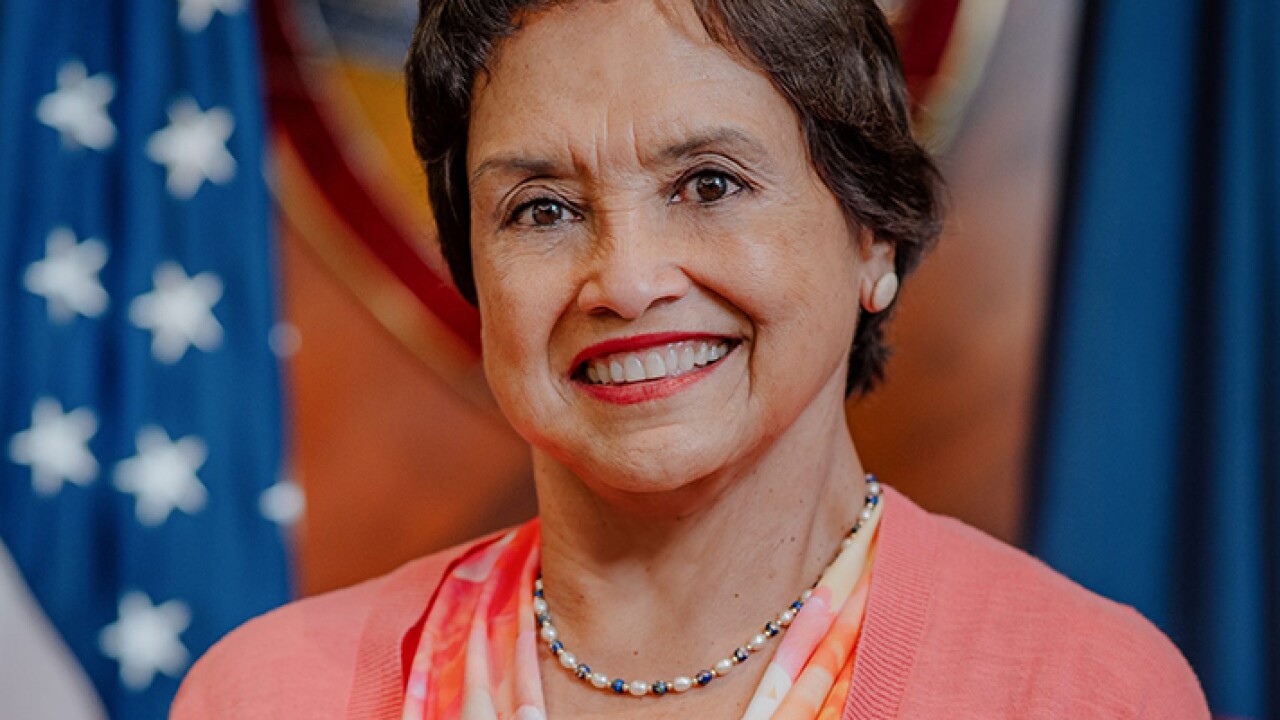Backers of the $3.9 billion transportation bond act that will go before New York State voters on Tuesday said yesterday that they will outspend opponents of the borrowing plan by a five-to-one margin and that they are "confident" the proposition will pass.
Processing Content
And after a slow start, the Wall Street firms that will vie to sell the bonds if they are authorized have become some of its strongest supporters, according to campaign finance filings by the Committee for Safe Roads and Improved Transportation.
When the committee filed its last full financing report with the state Board of Elections on Oct. 24, Wall Street's only representative among its backers was First Albany Corp., which made a $25,000 donation on Oct. 20. Since then, however, PaineWebber Inc., Merrill Lynch & Co., and Lehman Brothers Inc. have each made $25,000 donations, and J.P. Morgan Securities Inc. and Goldman, Sachs & Co. have contributed $10,000 apiece.
Several investment bankers at other firms contacted yesterday said the committee is likely to receive more donations, noting that the fundraising process only began about two weeks ago, and that many firms have complex approval processes that need to be navigated before any checks can be written.
The committee's executive director, Ellen DiFrancisco, said Wall Street has generally been very receptive to the committee's requests, and that the group has received about a half-dozen other pledges. If that money is received before the election, it will be used to buy additional advertising time. If not, it will be used to retire the committee's debts. Overall, the committee expects to spend at least $1.7 million, she said.
DiFrancisco told a lunch meeting of the New York Building Congress in Manhattan yesterday that waiting until the last minute to raise money and begin airing ads helped the group blunt any counter-offensive by opponents of the bond act -- namely the state Conservative Party, which has broadcast some opposition advertisements upstate.
"Our intent of starting so late was to avert them as long as possible," she said. "By holding back, we were successful in holding down their spending."
Because the committee is advocating passage of the bond act, rather than the any specific candidate, donations to it by corporations and individuals are not subject to any of the state's campaign financing limits. They are also exempt from the Municipal Securities Rulemaking Board's Rule G-37, which effectively bans pay-to-play, the practice of giving political contributions to candidates in exchange for bond business.
But similar committees have been criticized in the past as a back-door way for broker-dealer officials to show fiscal support for a politician's pet cause in the hope that the aid would be reciprocated with business down the line.
That appears not to be the case this time, however. Several New York investment bankers yesterday said that since the transportation bond act is not associated with a single politician -- it resulted from a compromise between Gov. George E. Pataki, Assembly Speaker Sheldon Silver, and Senate Majority Leader Joseph Bruno -- a contribution to the committee would be of limited use in currying favor with state officials.
In addition, although underwriters would profit from the sale of the bonds, the bond act authorizes state general obligation borrowing, which is typically sold on a competitive basis and not overwhelmingly lucrative.
Finally, some bankers noted that most municipal market participants believe that using the GO bonds to fund a portion of the transportation package is solid fiscal policy for the state, and are eager to share that view.
The committee's media blitz features more than a dozen television and radio ads tailored to cite local projects in the markets where they will air that are included in the state's overall $34 billion five-year transportation spending package. The package would be partially funded with the bond proceeds. All of the ads include the message that "New York's traffic has never been worse, but it could get better."





